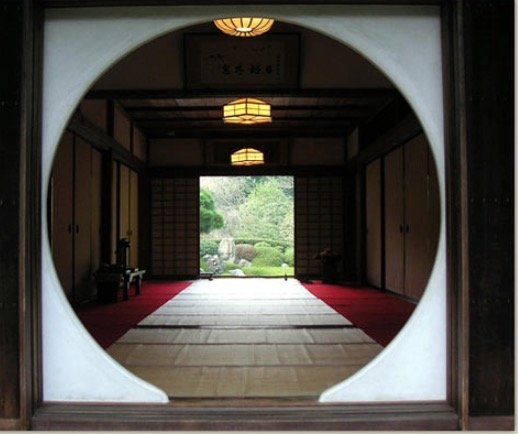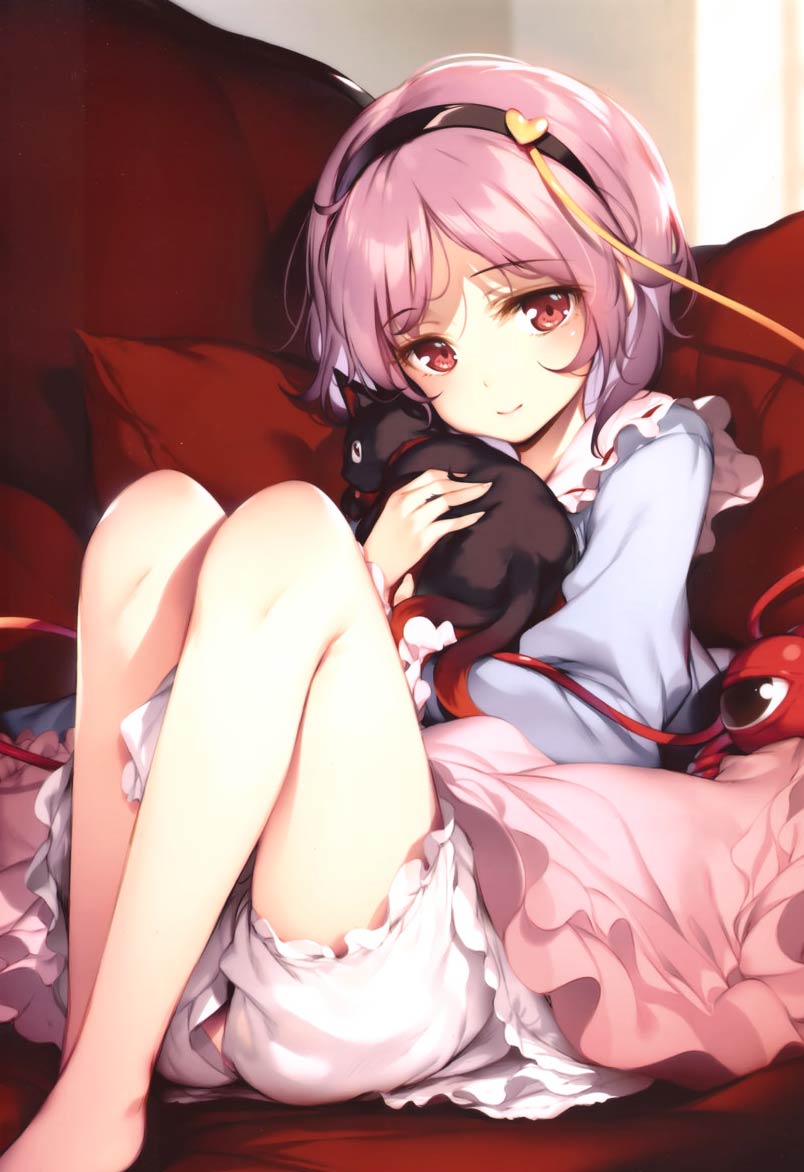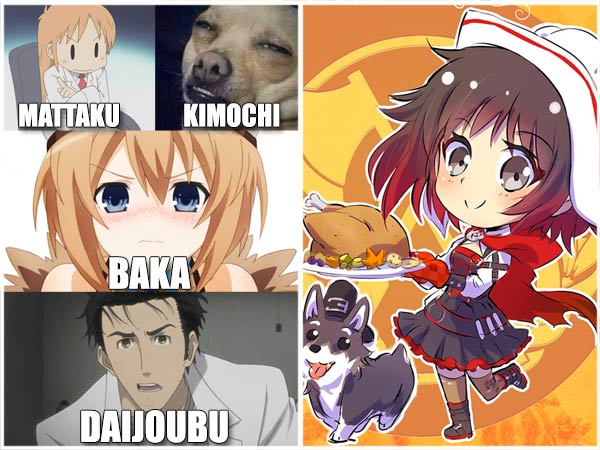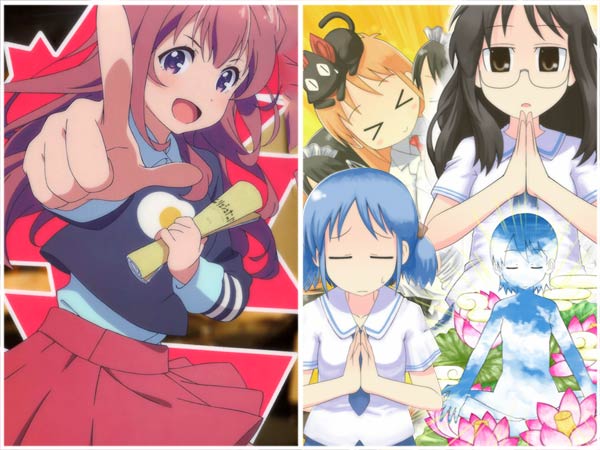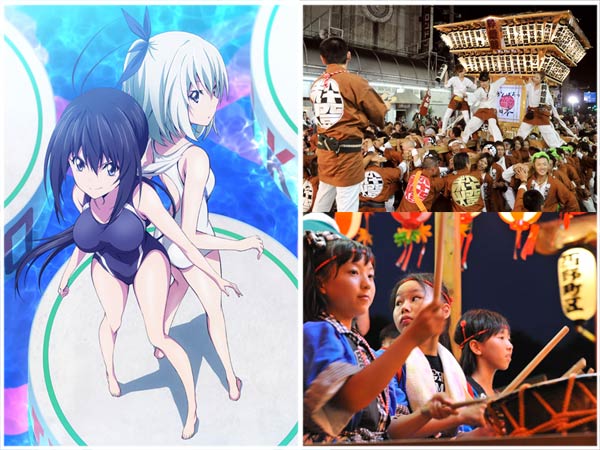I wrote last time about how some words related to Buddhism customarily receive the honorific o in front, for example otera (temple) or ohaka (grave). This prefix (which is sometimes used as go) is added to certain Japanese words to highlight their importance, which is done both in everyday life as well as more formal situations. Words like money (okane), relationships like mother or grandmother (okaasan, obaasan), and some everyday comforts (oyu boiling water, ofuro hot steaming bath, gohan rice), are usually included in this category. While words having to do with death or Buddhism tend to take the honorific prefix, Shinto terms usually don’t, although this is one of those things that the Japanese would never notice about their own language. Adding the honorific o sort of “softens” the word to the ear — for example, calling someone stupid (baka) or fat (debu) might be quite insulting, but a woman might use obaka or odebu as a cute-sounding term of endearment referring to her husband or child. Words related to children or babies nearly always take the prefix, a fact which confused me when my son was born and I suddenly had to learn to speak “baby talk” in Japanese.
Cool stuff like Buddhist temples get the honorific o added before their names.


